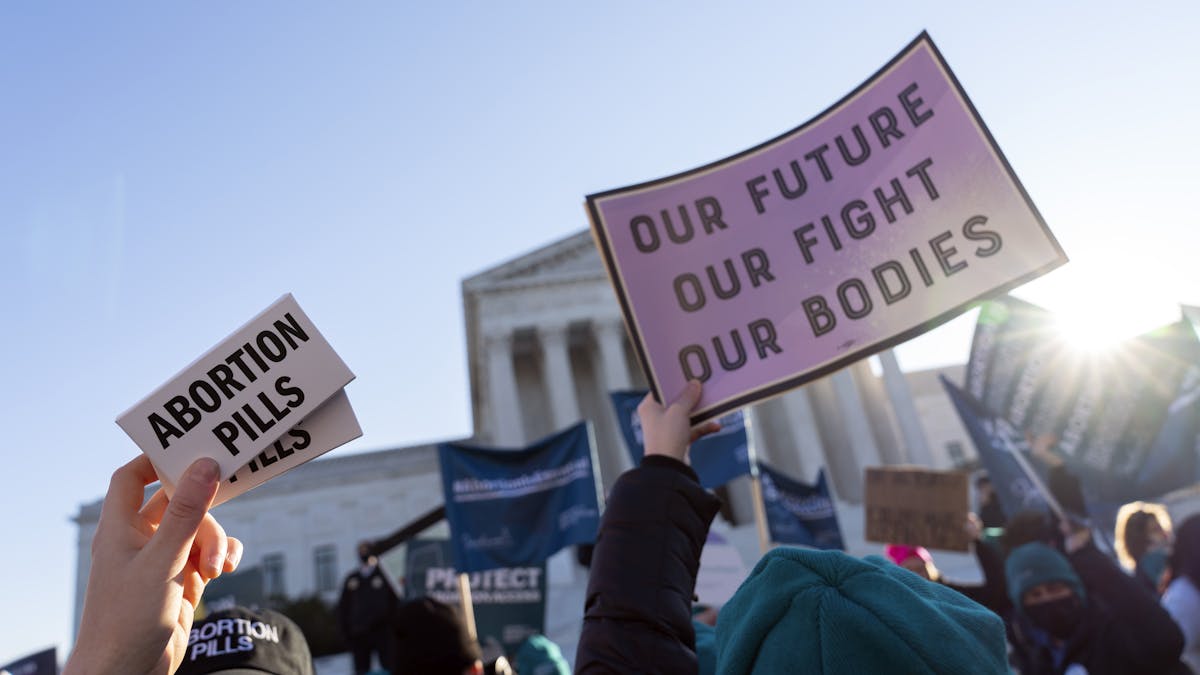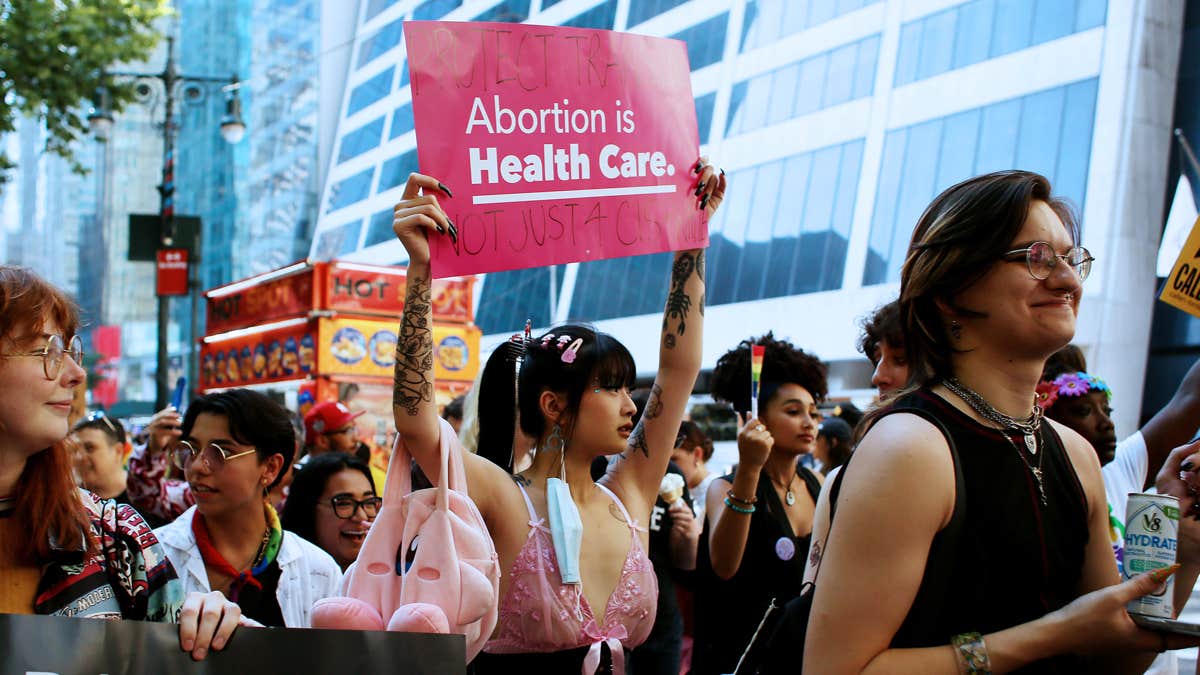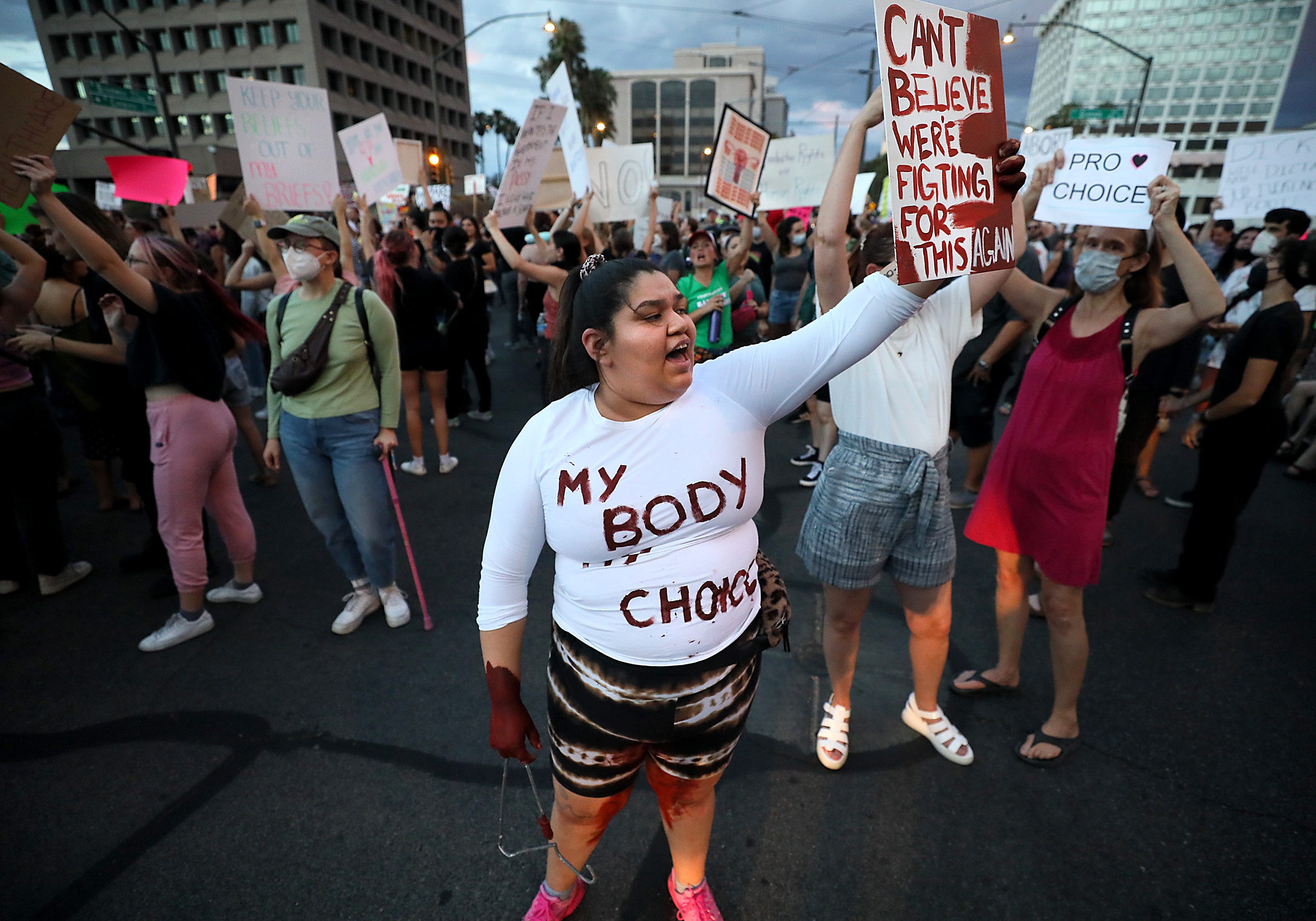When it comes to defining health, it can be defined as a state of complete physical, mental and social well-being, and not just the absence of disease or infirmity. Making health for all a reality, and moving towards the progressive realization of human rights, requires that every individual have access to quality health care, including comprehensive abortion care services – which incorporate the information, management of abortion, and post-abortion care.
Lack of access to safe, timely, affordable, and respectful abortion care poses a risk to not only the physical but also the mental and social, well-being of ladies and girls.

Induced abortion could be a simple and customary healthcare procedure. Each year, almost half of all pregnancies – 121 million – are unintended; 6 out of 10 unintended pregnancies and three out of 10 of all pregnancies end in abortion. Abortion is safe when disbursed by employing a method recommended by WHO, appropriate to the pregnancy duration, and by someone with the required skills.
However, when women face unwanted pregnancies, they face specific barriers to obtaining a quality abortion and often resort to unsafe abortion.

Ensuring that girls and girls have access to abortion care that’s evidence-based – which has been safe, respectful, and non-discriminatory – is key to meeting the Sustainable Development Goals (SDGs) regarding physiological state and well-being (SDG3) and gender equality (SDG5).
Restricting access to abortion doesn’t reduce the number of abortions, however, it dramatically affects whether abortions attained are safe.
Nearly 1/2 of all abortions are unsafe, and developing countries bear the burden of 97% of those unsafe abortions. Globally, unsafe abortions account for 4.7–13.2% of all maternal deaths, disproportionately affecting people in developing regions. Moreover, every year an estimated 7 million women in developing countries are treated in hospital facilities for complications from unsafe abortions.

women tend to face a lot of difficulties when it comes to safety and quality medical healthcare like barriers to safe, timely, geographically reachable, affordable, respectful, and non-discriminatory abortion care can cause emotional distress and violate women’s and girls’ right to privacy, right to equality and non-discrimination; and right to be free from torture, cruel, inhuman and degrading treatment just adds on to the list.
It also has financial and social implications for people and communities including negatively impacting women’s and girls’ possibilities to get an education and full and effective participation in society.
Abortion regulations that force people to visit to attain legal care, or that need mandatory counselling or waiting periods, burden health systems and might end in women experiencing travel costs, loss of income, or the requirement to resort to unsafe abortion.
A disproportionate share of resources is employed for post-abortion care, in developing countries, treatments of complications of unsafe abortion cost health systems US$ 553 million annually, while households experience US$ 922 million in income loss because of disabilities.
Abortion will be safely and effectively performed in an exceedingly range of settings and by a range of individuals, including different types of medical examiners, and in early pregnancy by the lady herself.
Person-centred, equitable, and accessible abortion care supports the efficient use of resources and enables women to realize care in line with their values, preferences, and circumstances. this can be supported by well-functioning health systems; availability and accessibility of information, and respect for human rights within a supportive framework of law and policy.
Ensuring that safe and dignified abortion care is the right of every woman enough medical examiners, of various types, to provide abortion care within reach; access to abortion care is enabled through a spread of delivery approaches, including self-management of abortion care doesn’t cause financial hardship to women laws and policies that complicate the quality of abortion care (including criminalization of abortion,
mandatory waiting periods, and third-party authorization requirements) should be banned immediate basic health workers are trained to supply safe and respectful care, and to interpret laws and policies in a human rights-compliant way; access to abortion isn’t negatively impacted by physicians refusing to produce care supported by personal beliefs, and
People can access accurate and non-biased information to forestall unintended pregnancies and make autonomous decisions about abortion.

